Athlete Optimisation Program

Sporting clubs and organisations can customise their experience by selecting the workshops that best suit their needs — much like choosing from a menu — ensuring a tailored, relevant and impactful program for every group.
Program Overview
Peak Preparation’s Athlete Optimisation Program enhances player performance through off-field development and focuses on the key concepts of sport science, leadership, and mental health and wellbeing. Designed for developing and emerging athletes, the program empowers participants with educational resources to make informed preparation decisions.
The
Athlete Optimisation Program goes beyond traditional athlete development by combining expert training with a personalised, values-based approach. It integrates physical, mental, and emotional tools to prepare athletes for high-pressure situations and leadership roles, ensuring they excel not only in sport but in all aspects of life. The focus on mental routines, identity, and resilience creates a lasting foundation for success on and off the field. Athletes leave equipped with practical insights, well-rounded skills, and a growth-oriented mindset that sets them apart.
Learning Outcomes
Holistic Development: The program emphasises mental skills, and leadership growth. Athletes will cultivate resilience, decision-making, and self-awareness.
Balance and Well-being: Prioritizing a healthy integration of training, education, and personal life to ensure long-term success.
Expert Support: Access to specialized sport services and foundational Sport Science knowledge enhances performance and progress.
Leadership and Identity: Building confidence as role models and embracing accountability within and outside their sport.
Learning Culture: Encourages reflection and growth from experiences and mistakes, fostering a mindset of continuous improvement.
Program Objectives
The Athlete Optimisation Program aims to create a high-quality daily training environment for athletes in Perth, Western Australia, and across the nation. It focuses on accessibility by providing connections to ESSA-accredited professionals and sport science education.
The program also prioritizes mental health, well-being, and leadership development to ensure athletes are holistically prepared—physically, mentally, and emotionally—for success in sport and life.
Program 1:
Sport Science Education
The Sports Science Education component leverages cutting-edge research to enhance athlete performance. It features structured modules, individual support, and fosters a community where science is integrated with practice to empower athletes in their careers.
Program 2:
Mental Health and Well-being
The Athlete Mental Health and Well-being component focuses on enhancing mental performance and building psychological resilience. It empowers athletes with the strength to excel in their sport and navigate the demands of their athletic careers with confidence and positivity.
Program 3:
Leadership Capabilities
This program develops athletes' leadership skills, emphasizing communication, decision-making, accountability, and resilience. It fosters self-awareness, emotional intelligence, and the ability to inspire and support teams, preparing participants for leadership success both on and off the field.
Program 1
Sport Science Education
Workshop 1
Nutrition & hydration practices
This workshop provides athletes with key nutritional knowledge to optimise performance and recovery. It covers the basics of nutrition, using food as fuel, and tailored strategies for pre-, during-, and post-competition, along with recovery-focused practices.
- Core principals
- Balanced choices
- Performance nutrition
- Optimizing timing
- Competition nutrition
- Recovery support
Workshop 2
Considering male & female athletes
This module caters to the unique needs of male and female athletes, emphasising the link between performance and health. It covers menstrual cycle management, bone density, and injury prevention, promoting a holistic training approach for sustained health and peak performance.
- Menstrual cycle physiology
- A normal/healthy cycle.
- What is NOT normal.
- Bone health.
- Prevention of common injuries.
- Long-term health.
Workshop 3
Optimising sleep
This curriculum highlights the role of sleep in boosting athletic performance. It covers sleep cycles, quality rest, and the effects of sleep on cognitive and physical recovery, while providing guidance on creating optimal sleep environments and routines for peak readiness.
- Explaining sleep science.
- Why sleep is important.
- Consequences of sleep deprivation.
- Barriers for a good nights’ sleep.
- Enhancing sleep hygiene.
Workshop 4
Daily practices of elite athletes
This module emphasise the foundational traits and habits necessary for long-term success. They highlight the importance of structure, self-care, and mental fortitude, alongside the ability to learn, adapt, and maintain a positive outlook. Together, they create a comprehensive approach to personal and professional growth.
- Routine, discipline and consistent training
- Sleep, rest and recover
- Celebrate success
- Having pride and overcoming adversity
- Build resilience
- Growth mindset
Workshop 5
Recovery practices of elite athletes
This module emphasises the importance of recovery in athletic performance, offering insights into effective strategies used by top athletes worldwide. It covers cool-down routines, advanced techniques and practices to reduce fatigue, speed up muscle repair, and prevent injuries, ensuring optimal physical readiness.
- Active recovery.
- Passive recovery.
- Hydrotherapy principles and practices.
- Compression therapy.
- Soft tissue therapy.
Program 2
Mental Health and Well-being
Workshop 1
Developing emotional resilience
Emotional resilience is vital for athlete well-being, aiding in adversity management, emotional regulation, and composure under pressure. This module supports both performance and personal growth, empowering athletes to tackle challenges while maintaining a balanced mindset.
- Understanding emotions
- Adapting to adversity
- Building mental skills
- Maintaining composure under pressure
- Fostering self-belief and confidence
- Creating a support network
Workshop 2
Pressure and anxiety
This module focuses on helping athletes handle stress and maintain focus in high-pressure situations. It provides techniques and tools to manage competition-related stress, enabling athletes to perform at their best while protecting their mental health.
- Performance anxiety
- Stress management
- Pre-competition routines
- Focused under pressure
- Developing resilience to stress
- Support Systems for Stress Management
Workshop 3
Handling selection, deselection and setbacks
This program equips athletes with resilience and coping skills to handle selection challenges, setbacks, and injuries. It focuses on transforming these experiences into opportunities for growth while fostering emotional strength and adaptability.
- Selection challenges and setbacks
- Resilience and adaptability
- Coping mechanisms
- Reframing challenges
- Fostering confidence and self-Belief
- Support systems
Workshop 4
Embracing mistakes and building confidence
This program emphasises learning from mistakes and fostering self-confidence to support growth, mental well-being, and long-term development. It highlights mistakes as valuable learning opportunities and steps toward building resilience, while guiding athletes through four stages to cultivate true inner confidence.
- Performance anxiety
- Stress management
- Pre-competition routines
- Focused under pressure
- Developing resilience to stress
- Support Systems for Stress Management
Workshop 5
My support network
Building a strong support network fosters meaningful connections with mentors, coaches, peers, and family. These relationships provide encouragement and guidance, empowering athletes to face challenges and progress with confidence, resilience, and well-being.
- Support Networks
- Fostering connections
- Peer relationships
- Engaging family support
- Collaborative environments
- Strengthening relationships
- Leveraging support
Program 3
Leadership Capabilities
Workshop 1
Communication and conflict resolution
Effective communication helps athletes build trust, foster understanding, and enhance teamwork. It promotes positive team dynamics, motivation, conflict resolution, and cooperation, contributing to strong relationships and a high-performing, supportive environment both on and off the field.
Effective Communication:
- Be clear and concise
- Active listening
- Nonverbal communication
Conflict Resolution:
- Resolution strategies
- Building team dynamics
- Positive conflict prevention
Workshop 2
Building emotional intelligence
Developing emotional intelligence enhances athletes' leadership, teamwork, and communication skills. It helps build strong relationships and fosters a positive, empowering team culture for success both on and off the field.
- Core components of self-awareness, empathy and interpersonal skills
- Self-regulation
- Emotional expression
- Modelling emotional intelligence
- Player relationships
- Cultivate a growth mindset
Workshop 3
Leadership styles and self-discovery
Leadership for athletes involves creating a positive team culture, uplifting teammates, and making a lasting impact beyond the sport. By embracing diverse styles and staying true to their strengths, athletes inspire teams to excel while growing as role models.
- Exploring leadership styles
- Identifying personal strengths
- Balancing authority and approachability
- Empowering female athletes through leadership
- Continuous self-reflection and growth
Workshop 4
Building a winning team culture
A winning team culture is built on positivity, unity, and shared purpose. Athletes foster trust, collaboration, and mutual respect, creating an environment where teammates thrive both individually and collectively, driving success and leaving a lasting impact.
- Your vision
- Set the tone
- Foster respect and trust
- Roles and expectations
- Celebrate success
- Team traditions
- Accountable/responsible
- Collaboration
- Wellbeing
- Lead by example
Workshop 5
Time management
Athletes can achieve excellence by staying organized, prioritizing tasks, and managing time efficiently. Delegating responsibilities and using scheduling tools help balance sporting, and personal commitments. Emphasizing adaptability and self-care ensures sustained focus, energy, and success.
- Prioritise your goals
- Plan ahead
- Delegate responsibilities
- Stay adaptable
- Set boundaries
- Use downtime wisely
- Invest in self-care

